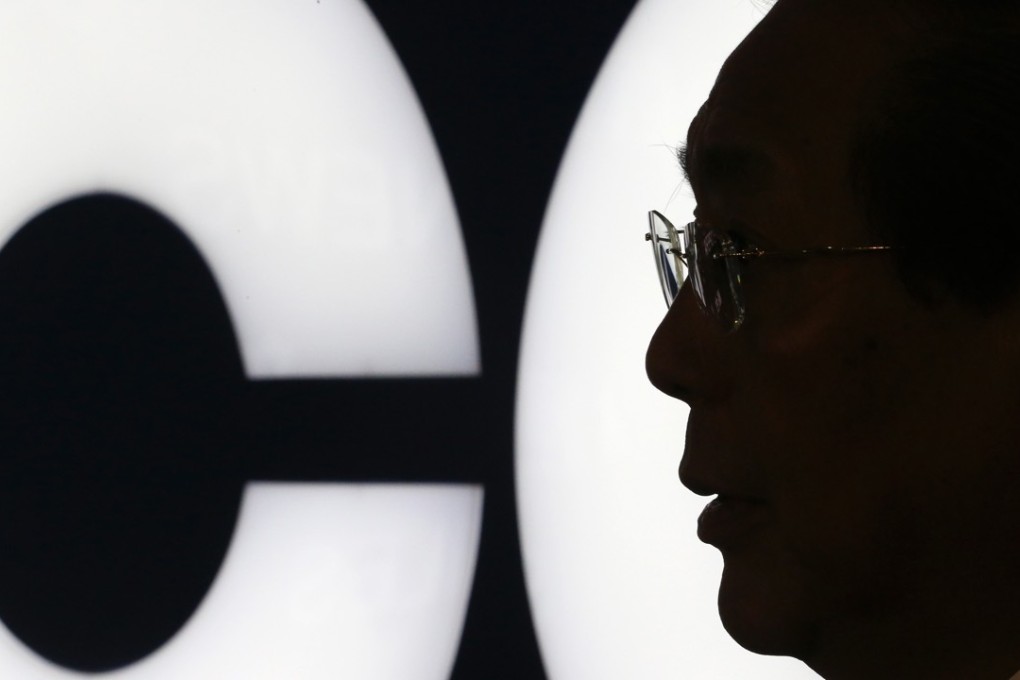As head of HKU governing council, Arthur Li should oversee from afar and not seek to micromanage
Kerry Kennedy says universities in Hong Kong have blossomed under the direction of vice-chancellors and presidents, and political appointees should refrain from interfering

Arthur Li Kwok-cheung’s appointment as chairman of the University of Hong Kong’s council once again throws the spotlight on university governance. The appointment has predictably raised both opposition and support, reflecting the city’s divided political landscape. Yet “university governance” is an abstract concept not usually part of everyday conversation and highly politicised in the current context. What does it mean to have a university “governed” by a council and what is the role of any chairman appointed to lead the council?
The challenge for Arthur Li’s appointment as the manager of council business at HKU is to oversee the university’s development but not to intervene in its management
There is not a common template for the governance of Hong Kong’s universities. Each has its own ordinance. What is clear is that university councils have a great deal of power in terms of their responsibility for financial oversight, determining terms and conditions of staff and awarding degrees. It is also equally clear that the council chairman appears to be little more than the manager of council business.

READ MORE: University challenge: Arthur Li and his detractors must restore confidence in Hong Kong’s most prestigious tertiary institution
It is the appointment process for the chairman, rather than the functions of the office, that have become controversial. The position is appointed directly by the chief executive in his role as chancellor of each university. Only in the case of the Chinese University is the appointment made on nomination by the council to the chief executive. In all cases, however, the appointment is political in nature and while there may be informal discussions between senior university officials and the chief executive, the decision legislatively rests with Hong Kong’s leader. Under the colonial administration, such appointments were made by the governor, so the practice is not new.
The role of the chief executive as chancellor of each university is common in all ordinances, although the specific functions are not clearly spelled out. The chancellor appears to have three broad roles: to award degrees, officiate at the congregation and receive reports from the university. Thus, the role is not related to management of the university but to oversee. It is more than a symbolic role, but it is not one that requires his active involvement in the running of the university. Exactly the same can be said for his nominee as council chairman – it is an oversight role, not an interventionist management role.
READ MORE: Johannes Chan: Arthur Li ‘not the type of person’ to lead HKU
What this distinction highlights is the crucial role of the vice-chancellor/president in the management of the university. As the chief delegate of the council, he or she must ensure effective and efficient management and is answerable to the council and through the council to the chancellor. These functions do not belong to the council chairman.
‘University governance’ is an abstract concept not usually part of everyday conversation and highly politicised in the current context